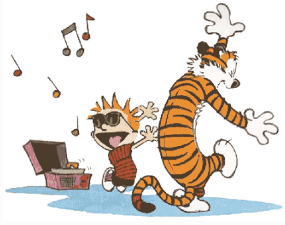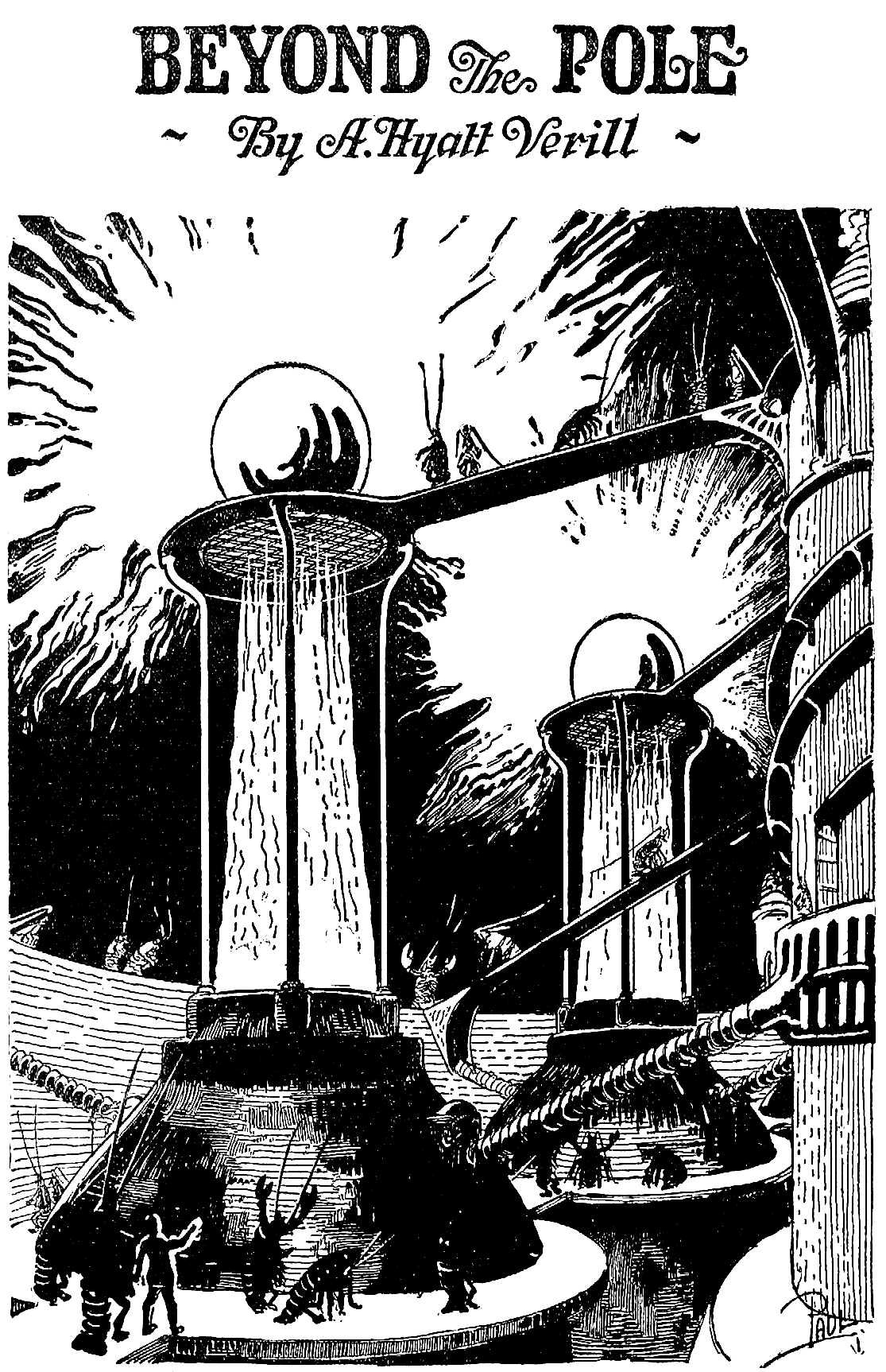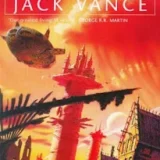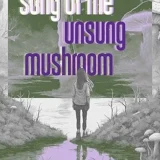Publishers and their distributors have contracts that dictate the terms under which they do business. While I’m not sure about the duration of these contracts, renewal time is usually an interesting one. Here are some of the things that have occurred in the past when contracts are being re-negotiated:
- Simon & Schuester’s books weren’t being stocked by Barnes and Noble during a recent dispute
- Amazon removed all Macmillan titles from their store back in January 2010 over disputes with the agency model
- IPG (one of the larger distributor for small presses) was in a similar situation in 2012 when their buy buttons disappeared
Right now Amazon and Hachette Book Group are in negotiations and again pressure is being applied.
- On February 7th all my Hachette books lost their discounts, and so did most of my fellow science fiction and fantasy authors published through Orbit (Hachette’s fantasy/sci-fi imprint)
- Starting in early March, my books went from being “in stock” to “usually delivered in 2 – 3 weeks. My publishers said that Amazon started cutting back on their orders and while they are shipping promptly Amazon isn’t stocking enough to change the status.
On Friday The New York Times broke the news that Hachette was accusing Amazon of holding back orders.Other venues like The Wall Street Journal, The LA Times, Publisher’s Weekly, Digital Book World, The Guardian, CNN Money, Gigaom, and many more picked up the story.
It infuriates me when things like this happen. As an author I’m powerless while these two giants clash, and I have to wait by the sidelines for who knows how long until they sort it out. I understand that each wants better terms. But the parties harmed in this most are the readers and the authors.
I was glad when Forbes posted an article about how the readers are being harmed, but a bit miffed when they went on to question whether the writers are really victims as well. They asked whether they suffer at all. Well Forbes, you are a business magazine you should understand that my product, which isn’t controlled by me, will suffer when the price goes up and the availability goes down. My sales have dropped 30% since this whole thing began. Yes it hurts us. Of course it does.
In a follow up to the first New York Times article I was approached by the reporter to give my impressions on what is going on. I think he was a bit surprised that I wasn’t jumping on the Amazon must die because of how poorly they are treating poor Hachette. From my perspective I’m getting two different stories about the stocking, and I don’t know who to believe (although it would be stupid for Hachette to delay orders then break a story about how Amazon is misbehaving). But in any case, my perspective is they are both huge multi-billion organizations, and they are both picking my pockets more than they should.
While no one but Amazon and Hachette know for sure what are the areas of contention, the smart money is on the rates for ebooks. In the pre-DOJ lawsuit days the agency model was in place which meant income was shared as follows:
- 30% Amazon
- 52.5% Publisher
- 17.5% Author
Distribution chains with big market share always get better rates than those with smaller. I don’t know the exact margin on print books but I suspect Amazon gets a 55% – 60% discount. Based on that they likely see the 52.5% the publisher gets as a place that is ripe for squeezing.
I hope they are not successful. After all, my income will be affected if they lose, as I’m paid based on what they bring in. If Amazon takes a bigger cut, I’ll get less. Simple. But I have to wonder…if publishers paid a more reasonable amount to the authors in the first place….for instance if the share were:
- 30% Amazon
- 35% Publisher
- 35% Author
Could Amazon really be putting the screws to them as they are? Right now Amazon is the bad guy and everyone is on the side of the publishers, but from my perspective the fact remains that the two giants will battle and get the majority of the money and at the end of the day my piece of the pie will always be smaller than theirs. This is the way of the world when it comes to traditional publishing.
What can authors and readers do to help this situation? Cut out as much of the “middle men” as possible. Before buying a book, check the author’s website to see if they sell direct, and if they do…buy from them (It’s not hard to set-up…I did). Also authors, make sure your contracts allow you to sell books bought at the author discount from your own site. There should be no reason for the publisher to prohibit this. After all you are buying the book at a discount similar to what the bookstores are paying.
Writer’s if he chains aren’t discounting, then give a little back to the readers so they can get them at a lower price. I give 15% discount on front list books and 20% on back list titles). Let the titans clash all they want…the only parties that really matter are the author and the reader, and things are best when they deal with each other directly.
Michael J. Sullivan is a speculative fiction writer who has written twenty-five novels and released nine. Eight of his fantasy books (The Riyria Revelations, and The Riyria Chronicles), were published by Hachette Book Group’s Orbit imprint. Hollow World, a science-fiction thriller was released by Tachyon Publications. The first four books of his new series, The First Empire, has sold to Random House’s Del Rey imprint, and the first book is scheduled to be released in the summer of 2016. He can be found on twitter, through his blog www.riyria.com, and on his facebook page and his publisher’s page for the series.










I’m not saying Bezos is my friend. But Amazon has made me a ton of money over the years, both self and traditionally. Yes, I recognize the dangers…but if you think authors aren’t already “begging for scraps” and have been long before Amazon came along, you might not have a clear picture of the publishing landscape. The author’s pie piece is always the smallest.
Dude, the Beast of Bezos is not your friend. Amazon’s business model is a standing threat to all of us. They intend to hollow out publishing and then taken control of content, and when that happens, we’ll all be begging for scraps. Publishers we can live with; they have an investment in us. Amazon does not.